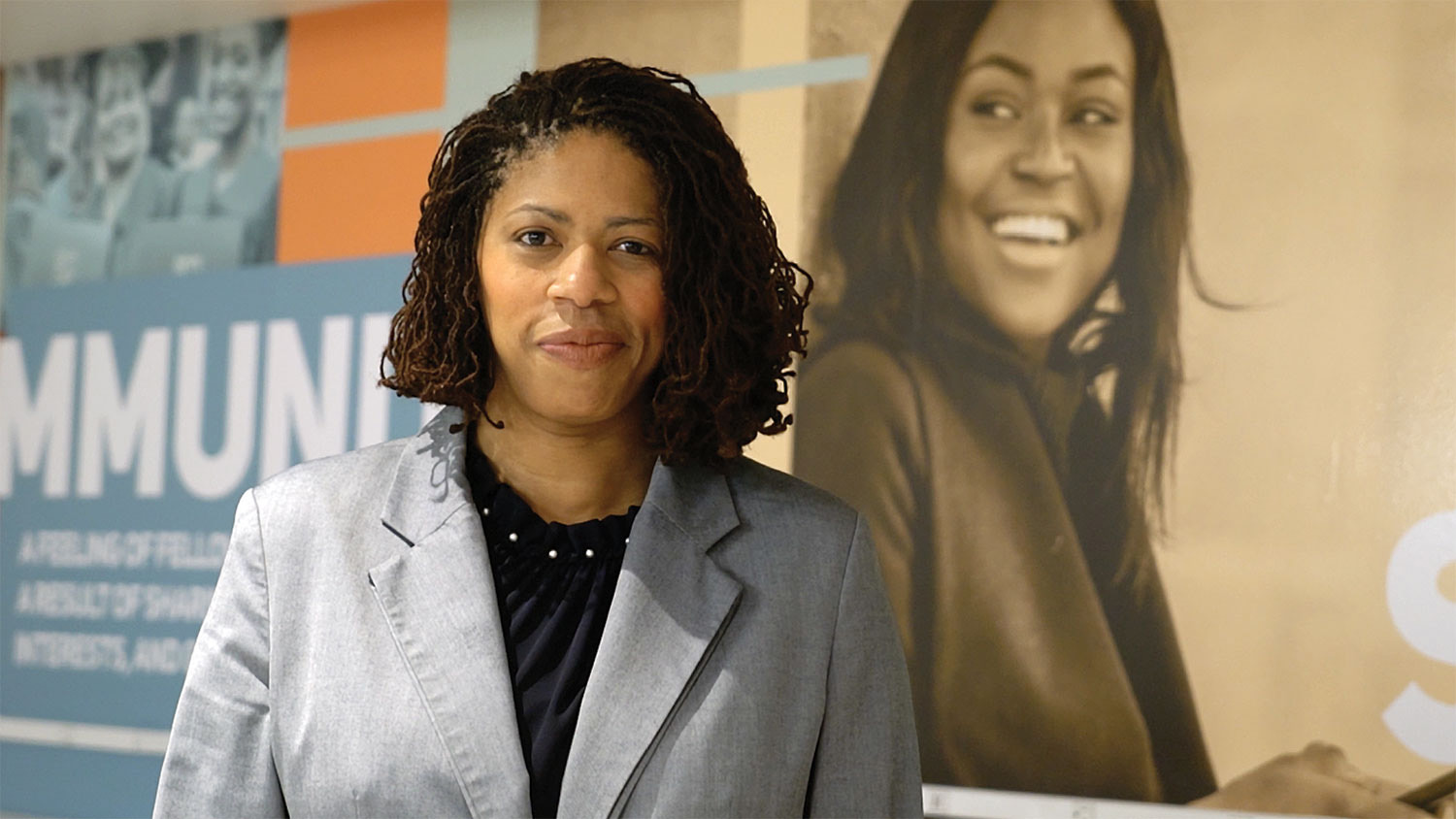
Dr. Pamela Senegal
President of Piedmont Community College
NCCCS History Project
This profile of Dr. Pamela Senegal is part of the Belk Center for Community College Leadership & Research’s NCCCS History Project Trailblazer profiles. The purpose of the NCCCS Trailblazer Profiles is to highlight and celebrate the work of leaders in the North Carolina Community College System, specifically focusing on current and former community college presidents. This profile is written in conjunction with the collection of an oral history interview with Dr. Senegal that will soon be available in the Southern Oral History Project Archives. The interviews were conducted by members of the Belk Center for Community College Leadership staff in spring, summer, and fall 2021. Individuals who have contributed to the profiles include Kenzie Bell, Audrey Jaeger, Erin O’Quinn, Dre’Sha Singleton, and the individual presidents featured. Through these interviews, the Belk Center team hopes to re-center the conversations around who we recognize as important in the history of community college leadership in North Carolina, celebrate the work of our presidents, and inspire support for diversifying the presidential leadership pipeline.
Dr. Pamela Senegal
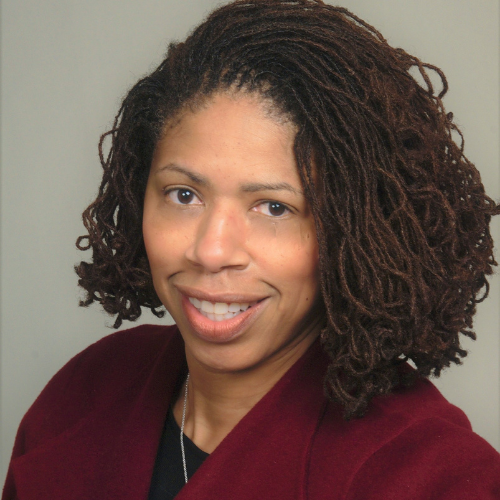
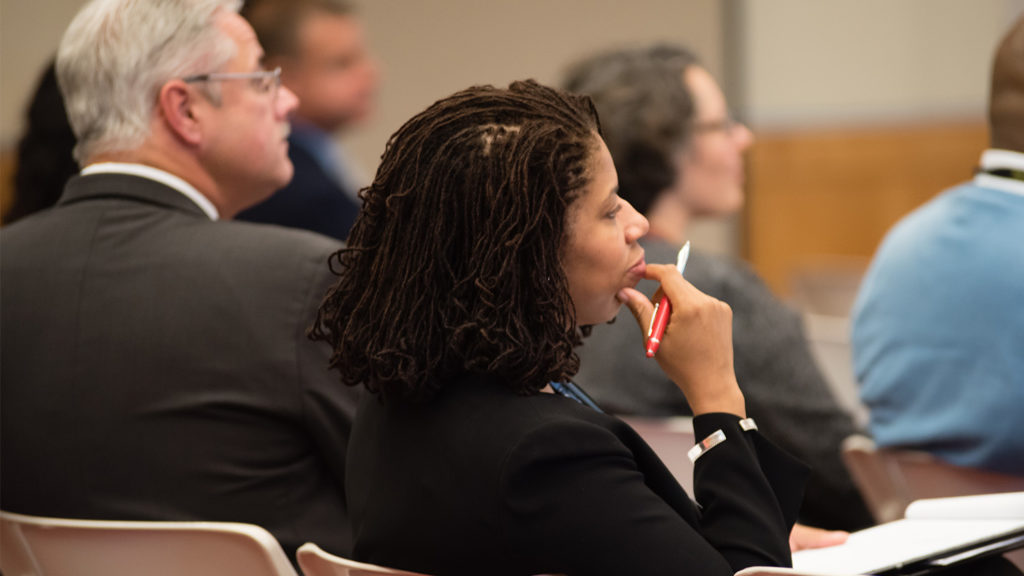
From a young age, Dr. Pamela Senegal,
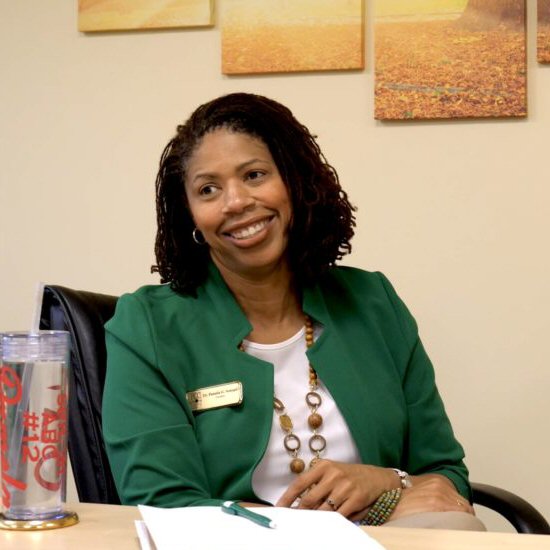
While Senegal knew leadership was her path, it took time to figure out what type of leader she wanted to be. After finishing her undergraduate degree in political science and Spanish at NC State, she was hired by a major consulting company. Despite the good salary, she wasn’t fulfilled. After leaving the company, she worked as an IT director at a telecommunications company and then as a private trainer for IT companies. In search of a more stable work environment, she accepted a job as the director of IT computer training at Central Piedmont Community College. What began as a job taken in search of stability bloomed into a passion for community college education.
When she first arrived at the college, she had an informal meeting with Dr. Zeiss, Central Piedmont’s president at the time, who felt it was important to meet personally with every new employee. The meeting was only ten minutes long, but at the end he looked Senegal in the eyes and told her that she should be a community college president. In the beginning, says Senegal,
“I didn’t understand what it meant to have a career in community colleges, but the more I learned about it, the more I fell in love with what we do, the way we impact communities and it’s been a really good fit for who I am as a human being – who I am just from so many different levels.”
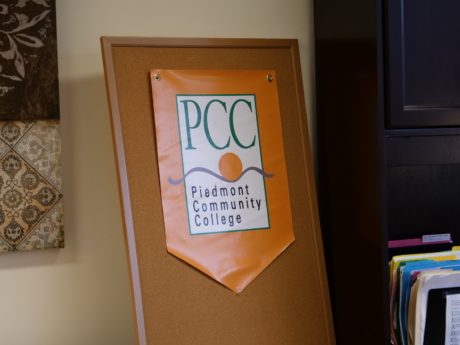
After serving in additional leadership roles at Central Piedmont, Zeiss set up a meeting for her with Dr. Phail Wynn Jr., president of Durham Technical Community College, and the first African American president in the NCCCS System. While he did not have any job openings available at the time, based on the strength of Senegal’s interview, he created a role for her. Over the next few years, she served as the dean of several different departments and worked toward receiving her doctorate in adult and community college education from NC State. After receiving her doctorate, Senegal received a position as a vice president at Central Carolina Community College, and in 2017, was hired as the president of Piedmont Community College.
Piedmont Community College serves Person and Caswell counties, both of which are primarily rural. While Senegal acknowledges that she was initially worried about being in a rural and predominantly white area as an African American woman, she says that she now hopes that other African American women would be willing to take a chance on rural communities. When talking about the community she has found in the area she says,
“I love that I get invited to go shoot with people or that people bring me deer sausage and that I’m part of this community. I would encourage more people of color to consider being in rural settings… I’ve found so many genuinely good people here.”
While Senegal loves her local community, she also knows that she must be strategic about how she pushes for equity initiatives. She believes that equity means having the student bodies of community colleges be reflective of the communities in which they are located, and that students of all backgrounds have similar success rates and similar representation across program areas that lead to great labor outcomes. Additionally, she believes that faculty, staff and employees should reflect the makeup of the wider community.

“Until we’re at far higher levels of completion, labor market outcomes and attainment, my work won’t be done…we have a lot to do and I’m excited to be part of it.”
One issue Senegal is passionate about is gender and racial inequities in enrollment within the Piedmont Community College programs with the highest labor market outcomes. She says,
“I see my – PCC’s – disaggregated data, and I see that far too many women are choosing careers very early that will sentence them to a lifetime of lower earnings and we have to do more to address that.”
One way Senegal is working to address the issue is through a collaboration with the local school system to create a career exploration program that begins when students are in sixth grade.
Another of the projects that she is proud of is the creation of the Center for Educational and Agricultural Development (CEAD). In her early years at Piedmont, Senegal realized that while agriculture is one of the region’s biggest economic drivers, Piedmont Community College did not offer any degrees directly related to agriculture. As she and her team delved deeper into the issue, they also realized that many local farmers were older and did not understand how to integrate new technology in order to be successful.
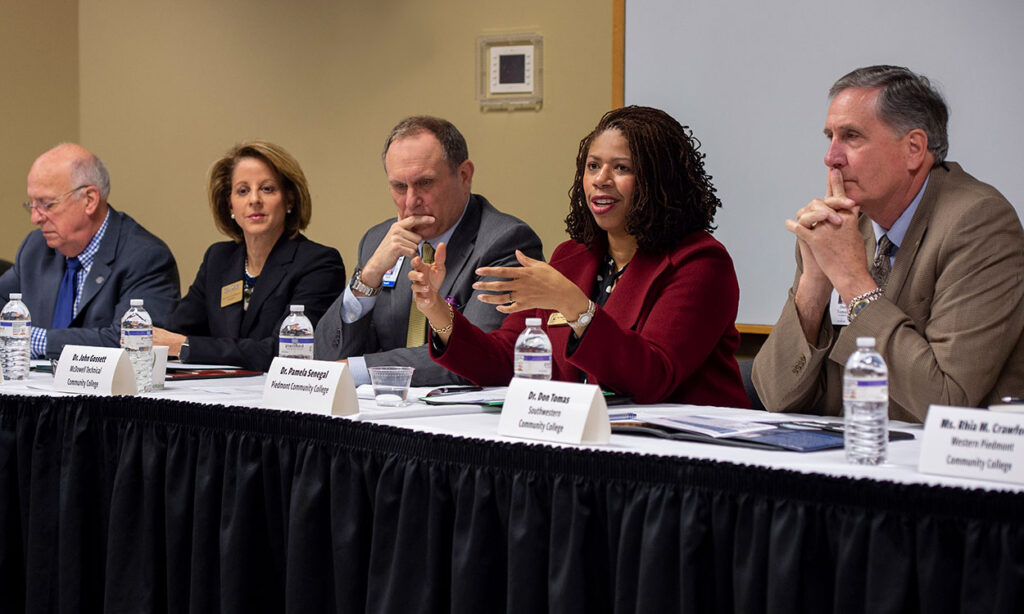
When talking to other leaders in the community, Senegal and her team realized that they could leverage their work around agriculture education by partnering with others in the community to create a program with wide impact. While still in the final stages of development, CEAD, which sits on 80 acres in Caswell county, will someday be the home of Piedmont Community College’s Agribusiness Technology Program, as well as a Food Hub, an incubator and demonstration farm and a food retail space for local farmers. CEAD will allow for new levels of collaboration between farmers, and provide great teaching and learning opportunities for Piedmont students studying agriculture.
When asked about her role as a trailblazer in community college leadership, Senegal is quick to point out that in many ways, the trail to leadership was already blazed for her. She says,
“When I was a vice-president, my president would send me to presidents’ meetings and there was a group of largely white women who had broken the gender barrier on my behalf.”
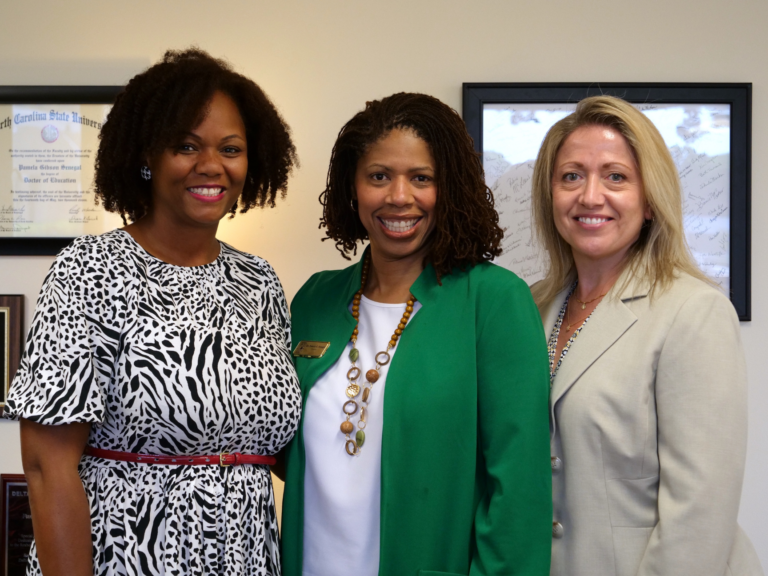
Additionally, she mentions her former boss and mentor, Dr. Wynn, who was the first to break the color barrier in 1980. Yet, while others have come before her, she is only the third black woman to serve as a college president in the history of the NCCCS, and prior to her arrival at Piedmont, the college had never had a woman or an African American as president. Senegal is uncomfortable with common billing of herself as a historic first, in part because she does not want to minimize the impact of the people who came before her, and in part because she believes being seen just as a “first” does not allow her work to stand on its own merits.
“I remember when I first started at Piedmont they wanted to make the headline for my announcement as president, ‘Senegal Chosen as First Black Female President’ and I insisted that they adjust it to something like ‘Senegal, with an economic background, chosen as president.’ I wanted them to lead with the things that I brought to the table so that people didn’t presume that I was just there because of my race or gender.”
While she doesn’t like being presented as a historic first, Senegal knows that her race and gender, among other factors, deeply impacts her work.
“There is such an intersectionality between my race, my gender, my class and my age,” she says. “As I get older, the reactions about my age are no longer an issue, but my gender continues to be.”
Senegal knows that this takes a toll on her, and expresses the importance of taking care of herself through mental health days.
“It feels like there’s not a lot of room for error,” she says. “There are ways that my peers could make mistakes and it would be just written off, but if I were to make that same mistake, it would reverberate more because of my race and gender.” Despite the challenges, Senegal says, “I’m really proud of the work that we’re getting to do here and just grateful that I get the opportunity to do this work.”
Collection I | October 26th, 2021